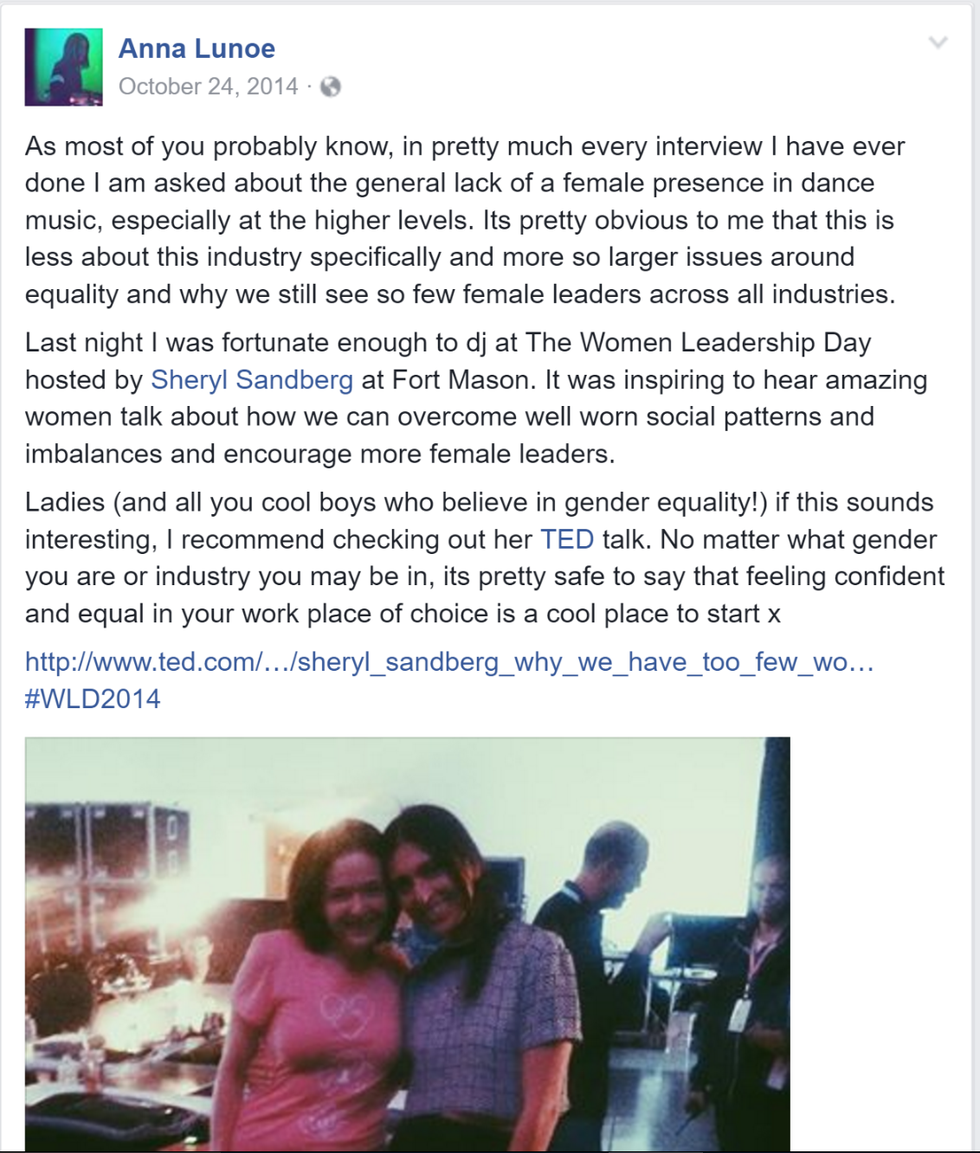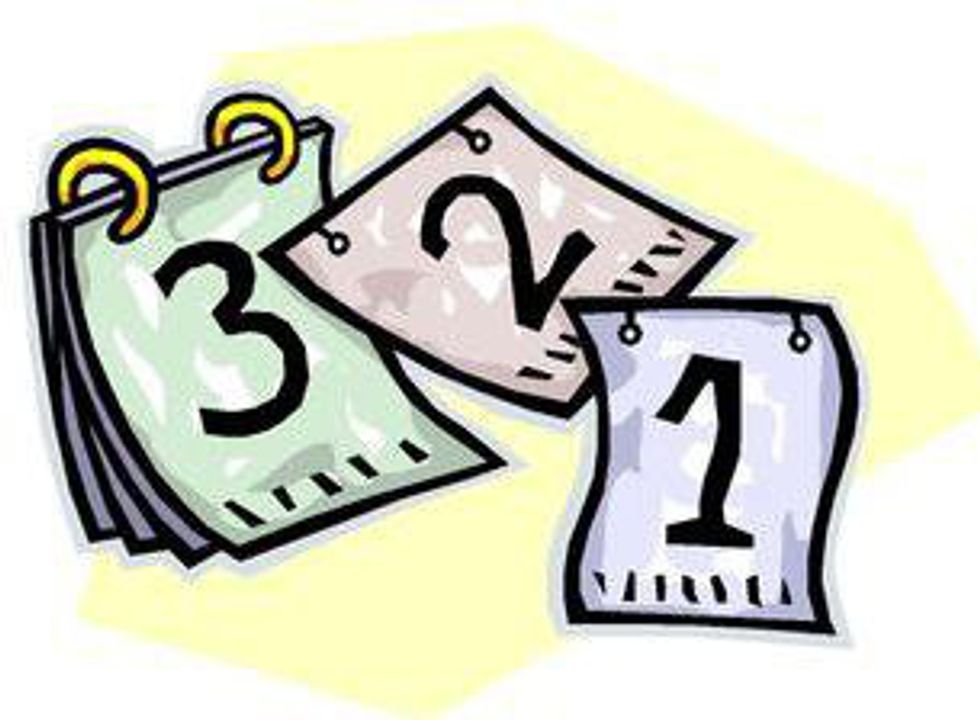There has been lots of talk lately about women in dance music. It is no secret that being a girl in the industry can be hard sometimes. Most festival lineups have no more than 10 girls at most, which inclines some to emphasize the fact that they are female DJs. There are even some wonderful gender equality movement groups out there to help out the issue at hand. However, the answer to this problem is not to stress the situation.
Personally, I am part of an amazing gender equality movement in music called “Nap Girls.” They bring light to the equality situation however most would agree that the term “female DJ” should not be used as often as it is. Although it does bring some light to the oppression, it only enforces the oppression a little more. There really is just no point in saying female. A DJ is a DJ, girl or boy. The word “DJ” does not have a gender. Would you say “female doctor” or “female singer?” No. Then why do people feel the need to use it to describe a DJ?
This is a problem not only when people are describing DJs, but a lot of girls are being asked in interviews what it’s like to “be a girl” in dance music. Sure this helped when the problem was being initially introduced, but it’s been discussed far enough and its come to the point where people are starting to speak up about it or even decline the question. If the question is answered, a lot of times people will say they actually have not experienced the amount of sexism that the media implies. You will not get booed off stage for being a girl, and being put down by another male DJ simply for being a girl is not something that happens all that often. This is speaking broadly as all of these things definitely do happen, but it is not something that most encounter on a day to day basis.
Lastly, we have the all-girl lineups. Again, this is contradicting. As much as people think girls use their sexuality and image to get to where they want to be, most are really just trying to conquer the stereotype. Having a girl play shouldn’t be something that makes a festival stick out from the rest. Female DJs are not uncommon whatsoever and they shouldn’t be treated as such. Segregation is only taking the problem further.
Music is universal, and that’s part of what makes it so beautiful. Anyone can listen and appreciate no matter age, size, race, or gender. A performer is not there to visually please you and by using the word “female DJ” it only discourages some who don’t feel comfortable with the visual object stereotype.
On the bright side, there are many ways to help out this uphill battle. There are many female producers encouraging others to follow their path despite the criticism. Anna Lunoe is a great example as she is a strong believer in ending the stereotype.
With a problem like this, time is the only healer. Start taking action by explaining to people why they should stop saying “female DJ,” and start the talk about gender equality in the industry. Sometimes this is a hard concept for people to grasp because it is very controversial but maybe one day we will all be on the same page, and stand unified for the love of music.
























